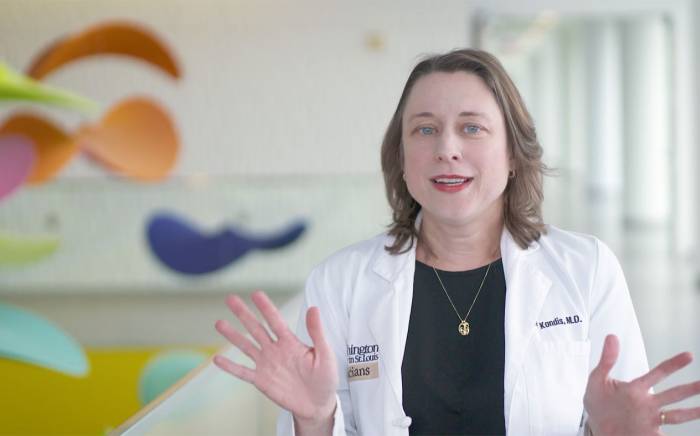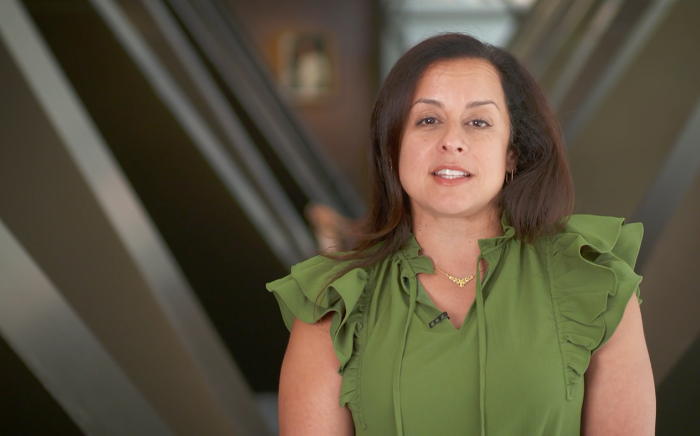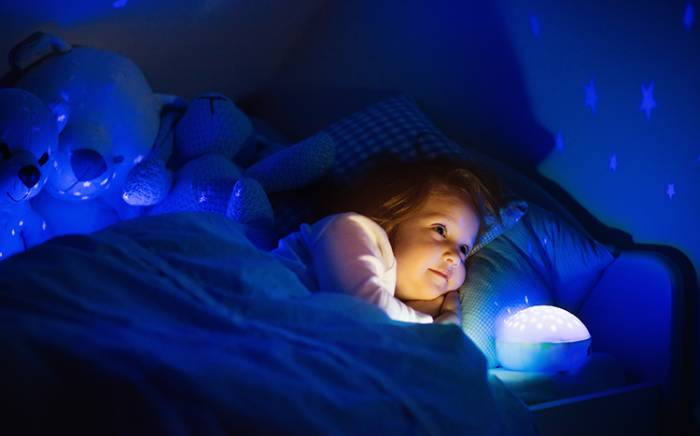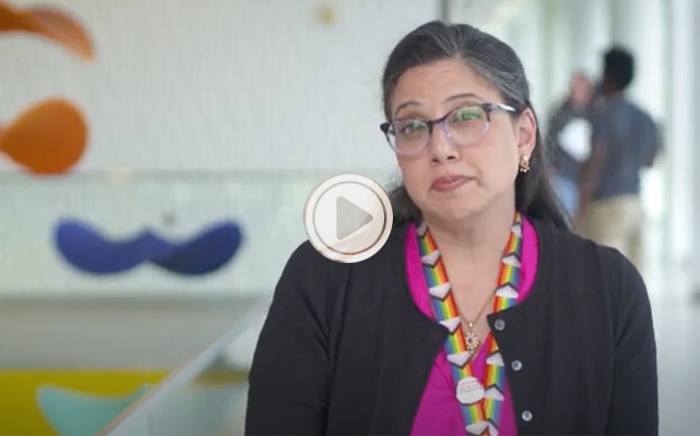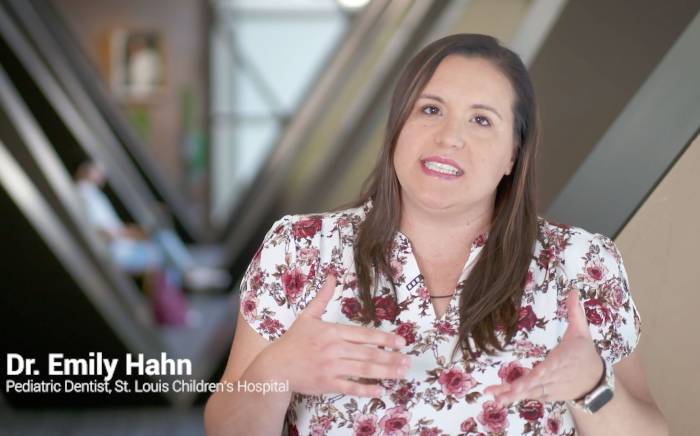Noninvasive epilepsy treatments, such as antiseizure medication and dietary therapies, offer significant benefits to many children with epilepsy. At the Pediatric Epilepsy Center, we offer the latest pediatric medical epilepsy treatments.
Our specialists offer extra expertise in caring for children with rare and severe forms epilepsy that are difficult to treat. Certain medications and specific dietary therapies help some children experience complete relief from seizure symptoms.
Pediatric Medical Epilepsy Treatments
Our goal in epilepsy care is to control or stop seizures without affecting your child’s growth and development. We always start with the least invasive treatments first, which may include medication or dietary therapies.
Our intensive evaluation process ensures we learn everything we can about your child’s symptoms. Our team of specialists then works together to create a treatment plan that’s tailored to your child’s needs.
Antiseizure and rescue medications
Medication is often the first epilepsy treatment doctors recommend. For many children with epilepsy, medication alone is enough to effectively manage seizure symptoms.
Our doctors follow the latest research advances and epilepsy clinical trials. We offer the most effective epilepsy and antiseizure medications available today.
Many antiseizure medications are taken by mouth in the form of capsules, tablets, sprinkles or syrup.
If seizures need to be treated in an emergency, doctors may give your child rescue medications in the hospital:
- Intranasally (inhaled into the nose)
- Rectally (into the child's rectum)
- By injection or intravenous (IV) therapy
Your doctor will consider several factors before deciding which medication is right for your child. These factors include:
- Seizure type
- Your child’s age
- Potential side effects
- Medication cost
Our team will follow your child closely after starting a new medication. We want to monitor its effectiveness and see how your child reacts. Certain tests, such as blood or urine tests, can help gauge how well a medication is working. The tests can also help monitor for side effects.
Your doctor may also recommend an electroencephalogram (EEG) for your child. This procedure uses electrodes attached to your child’s scalp to record the brain’s electrical activity. This test can tell doctors whether a medication helps fix electrical problems in the brain that lead to seizures.
Learn more about what to expect when your child has an EEG in our guide to the patient journey.
Ketogenic diet and other dietary treatments for epilepsy
Dietary therapies have shown promise in reducing or even eliminating seizures in certain children with hard-to-control epilepsy. Dietary therapies, such as the ketogenic diet, require a significant commitment from families. Our dietitian offers a wealth of guidance and support to families as they embark on these lifestyle changes.
We treat epilepsy in children using multiple dietary therapies, including:
- Classical ketogenic diet for epilepsy: This diet is high in fat and very low in carbohydrates with an adequate amount of protein. The ketogenic diet therapy is based on meal plans that are customized to each child. Families follow strict guidelines, weighing foods to ensure children consume exact nutrient ratios for maximum treatment benefit. Learn more about our Ketogenic Diet for Epilepsy Clinic.
- Modified Atkins for epilepsy diet: This diet allows for more carbohydrates than the classical ketogenic diet, so it tastes better. It is still high in fat. This diet focuses on limiting carbohydrates while encouraging fat. We offer families suggested meal plans and give more flexibility, but it is still strict.
- Low-glycemic treatment for epilepsy: The low-glycemic treatment offers another less structured dietary treatment option for children and families. Families plan meals using a resource guide that emphasizes complex carbohydrates.
A Family-Centered Approach to Epilepsy Care
Sometimes medication or dietary changes alone don’t control seizure symptoms. In that case, your doctor may consider whether surgery could benefit your child. You can trust our team to explain all your options. We work with you as we consider which treatments may offer your child maximum seizure relief and quality of life. Learn more about epilepsy surgery.





